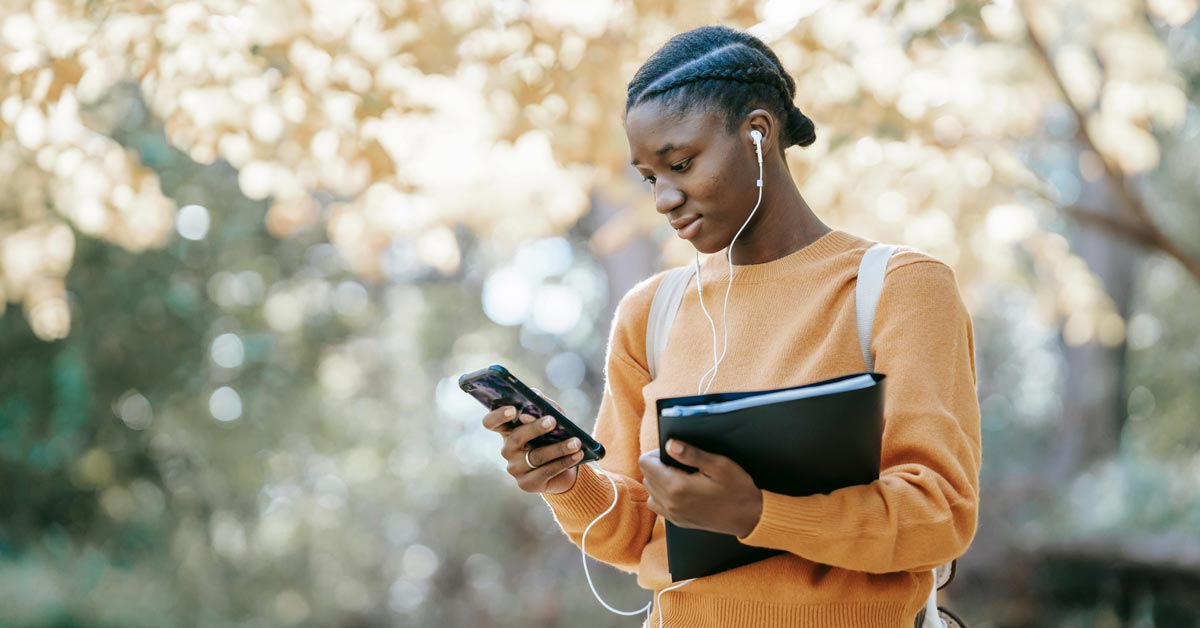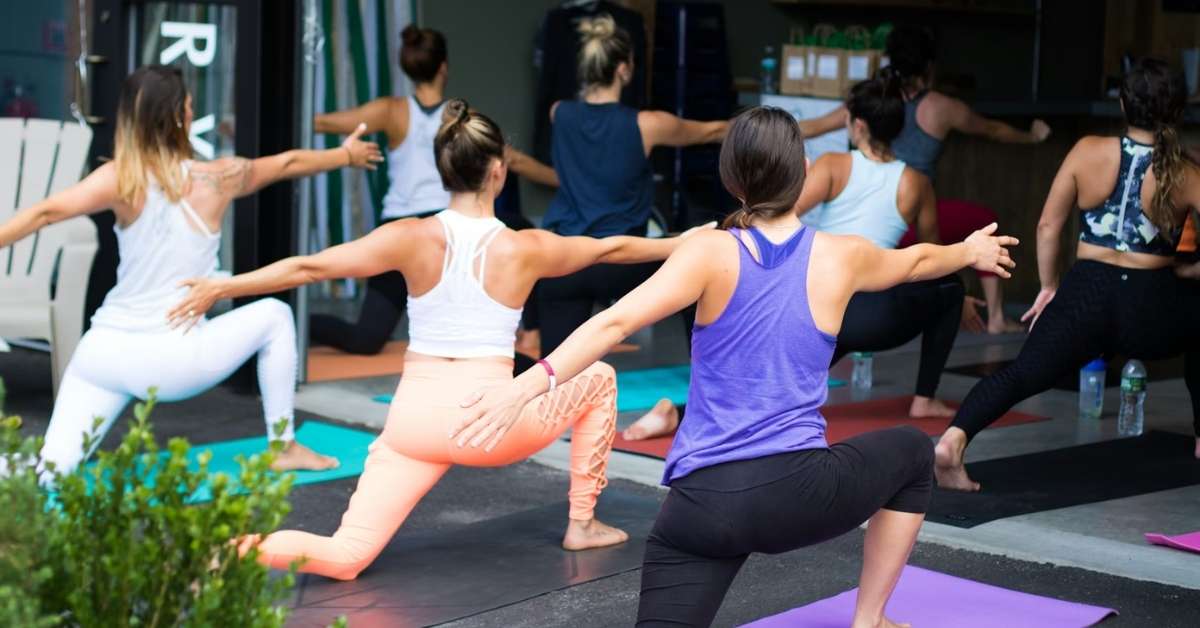The youth mental health crisis is on the rise.
In 2023, the Centers for Disease Control and Prevention found that 40% of high school students experienced persistent sadness or hopelessness, and 20% seriously considered suicide, all data points that increased over a 10-year time period.
In an attempt to help students access the help they need, one Atlanta, Georgia school district is trying something that, to some, might seem a bit counterintuitive.
They have introduced a therapy text line to students in grades six through 12.
It’s called Talk It Out, and it is a free and confidential text line for eligible students in Atlanta Public Schools. On the other line are licensed mental health counselors who are available 24/7. And it’s completely free for students to use.
“To have someone that's a real person on the other end helps, because no matter what you're going through, there's another person who can help talk you through it,” Kipp Atlanta Collegiate senior Brooke Smith told 11 Alive News.
Smith is a member of the Atlanta Board of Education’s senior advisory board, which found that mental health is one of the top concerns of students in the citywide district.
“We’re just doing this in honor of those who we’ve lost in Atlanta Public Schools due to mental health,” Smith added. “It’s something that's more comforting than I can put into words.”
As many schools move to ban smartphones, Talk It Out encourages turning to technology when students are in crisis. To use the service, all they have to do is text a specific school code to a phone number to be connected to a real person in minutes.
A webpage for the service affirms that Talk It Out is not a replacement for long-term therapy or treatment for mental health conditions (nor is it a place to ask for homework help). But rather, it’s a confidential space where students can discuss feelings of anxiety or stress, relationships, family challenges, sadness or loneliness, or get help in a crisis situation.
The program, which is sponsored by the district but operated independently, costs a $50,000 investment over three years, according to 11 Alive News. The program director, Dr. Kyra Caldwell Templeton, is the director of student engagement in the district. She said the service helps students learn better in the classroom.
“The slogan is any time, any place, your time, your space,” Templeton told 11 Alive.
“So Talk It Out is preventative, it’s supportive. It doesn’t replace therapy, ongoing therapy, but it’s the first point of contact if you’re feeling anxious, or if your parents are making you upset, or your teacher is making you upset.”
Student privacy is protected and the platform requires no sign-ups, meaning no identifying information is stored or shared. That said, if a student shares details of an emergency situation, clinicians may contact emergency services to protect the safety of the student or others.
And while therapy chatbots make a splash and teens attempt to get mental health support from tools like ChatGPT, adults at Atlanta Public Schools hope Talk It Out will provide a real outlet where these others may fail.
“The more we listen to students, we learn they [are] already using things like ChatGPT, AI to get mental health advice,” Jennifer Wilson, school counseling coordinator, told 11 Alive.
“We’re finding Gen Z and Gen Alpha are interested and engaged about talking about their mental health. We wanted to give them that resource that is that licensed therapist that's a real person talking to them.”
As the program gets off the ground, students are being surveyed about their experiences to see if the program truly helps them with their mental health concerns.
“We know that education is important,” Atlanta Public Schools director of social work services, Dr. Jacquelyn Anthony, said. “But the students have to be prepared to learn and be in a headspace and wellbeing space to be able to learn.”
You may also like: Can smartphones actually enable teens to get outside? How tech is empowering youth to 'touch grass'
Header image courtesy of Charlotte May/Pexels



